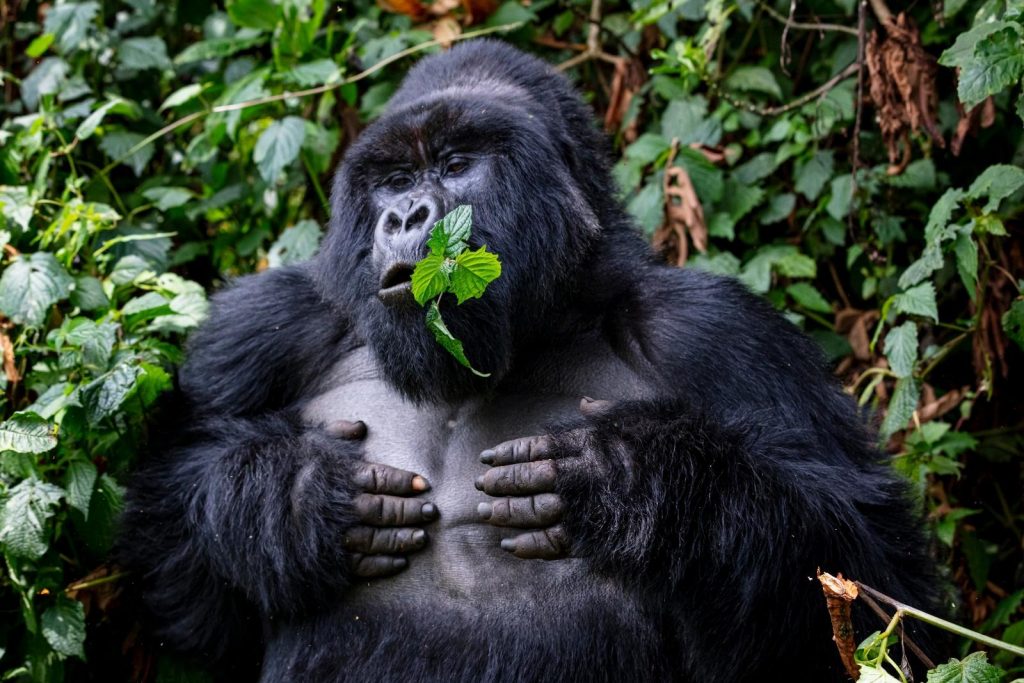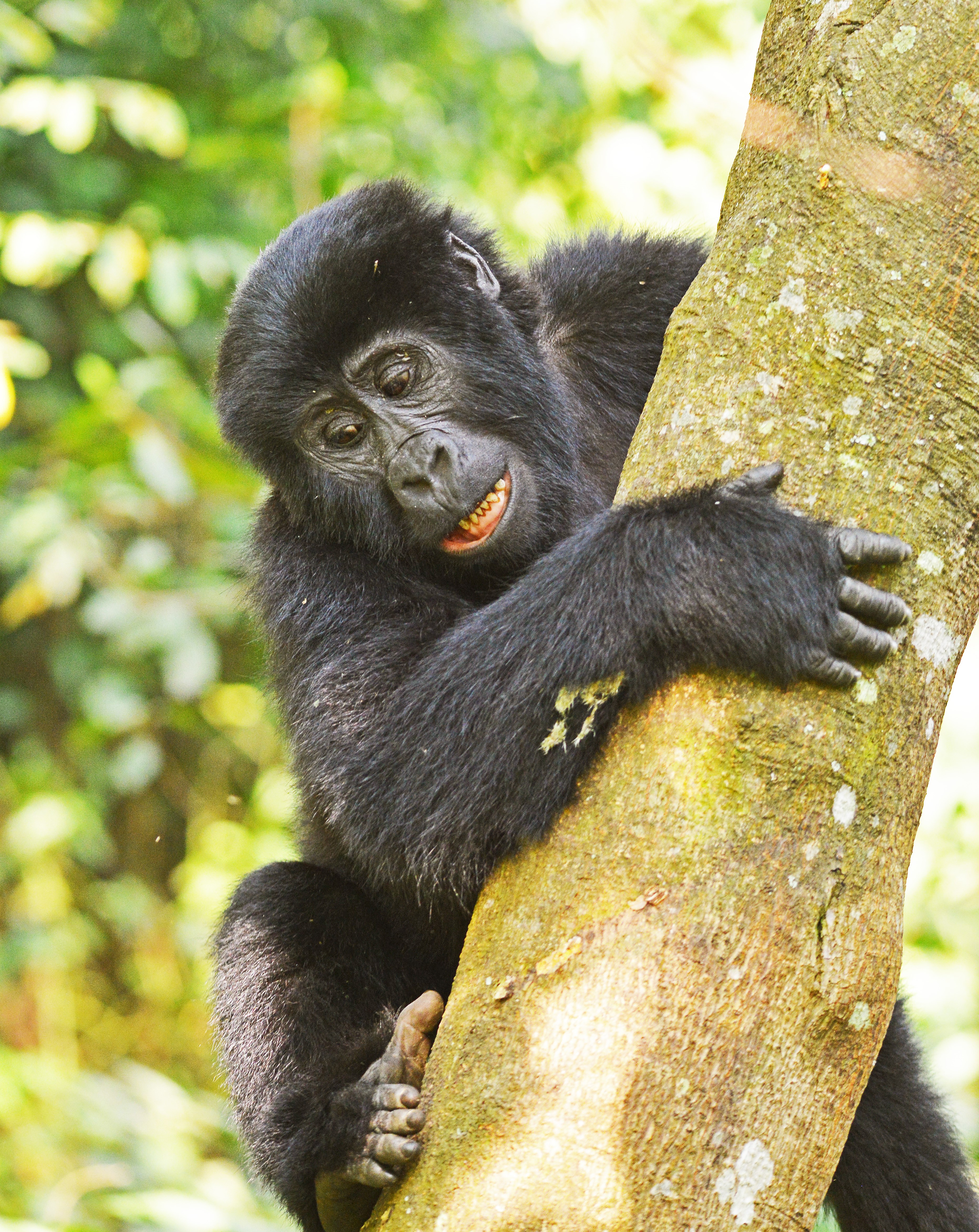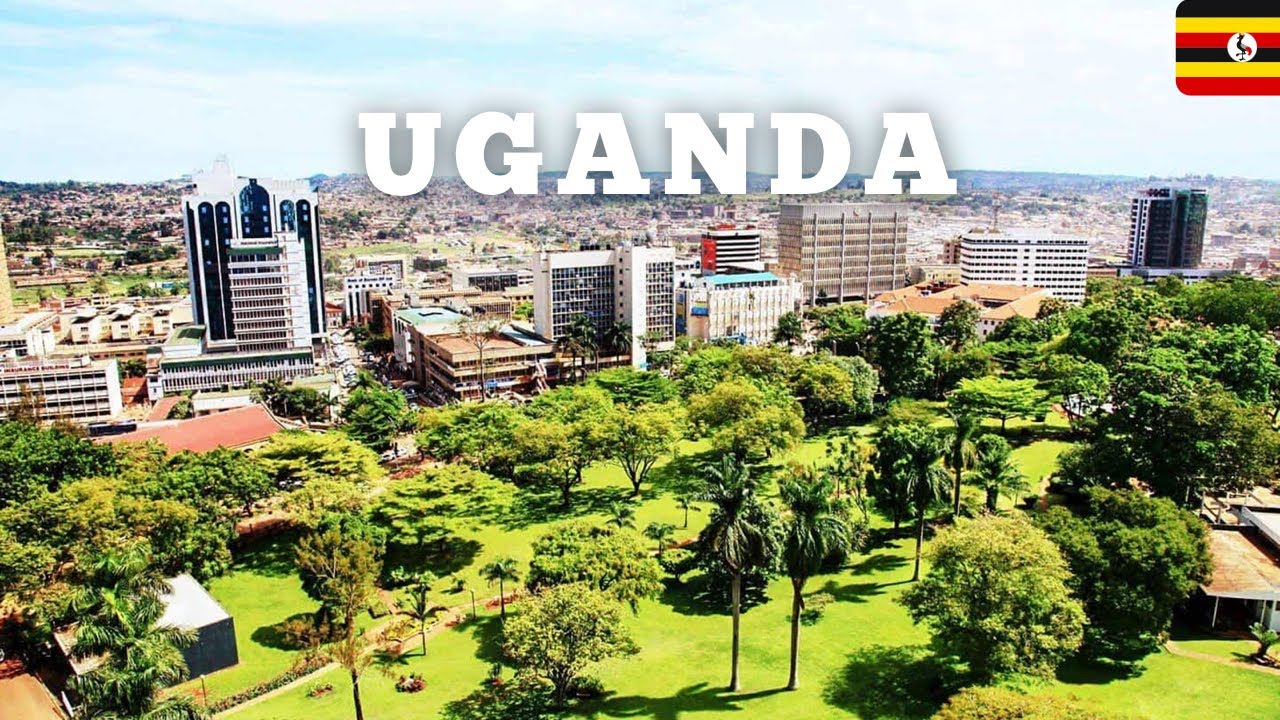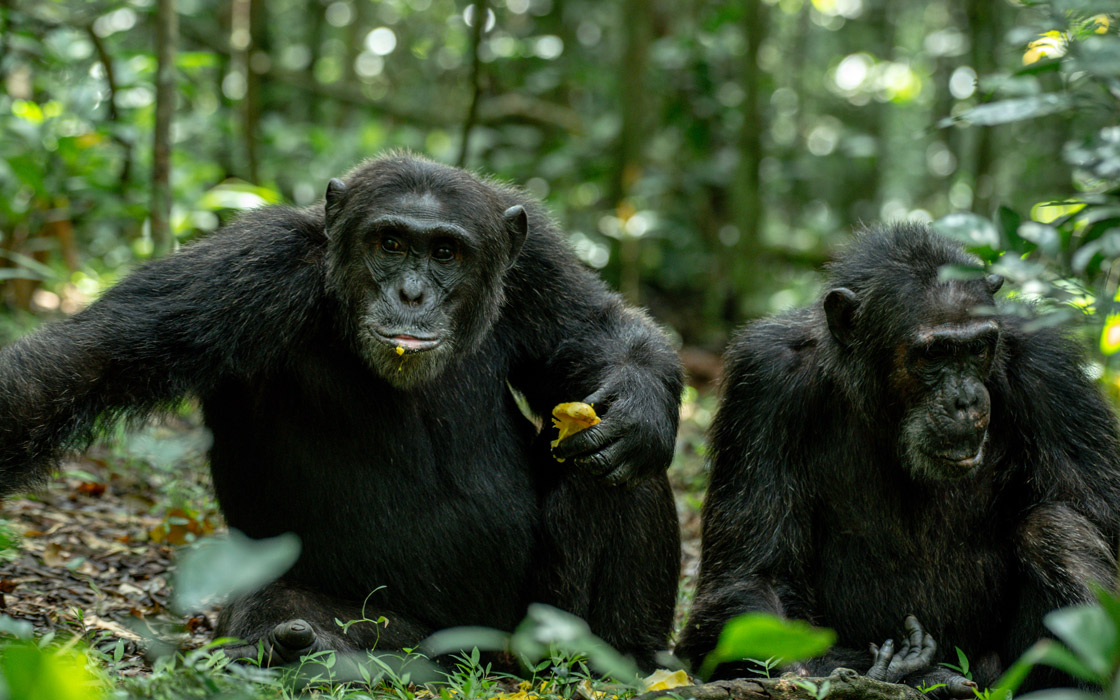
Mountain gorillas are one of the two subspecies of the eastern gorilla. This astonishing primate has several interesting facts about it. The mountain gorillas are true descendants of the ancestral great apes and monkeys that inhabited the Arabian and African land during the start of the Oligocene Epoch that is about 34 to 24 million years ago.
Gorillas have a giant body mass – the males can grow up to an average standing height of about 161 to 171 centimeters with a girth of 54 to 64 inches, an arm span of 2 to 3 meters not forgetting a weight of about 120 to 191 kilograms. Females on the other hand are somewhat smaller and shorter showcasing a mass body weight of approximately 17 to 100 kilograms.
WHERE TO FIND MOUNTAIN GORILLAS?
It is yet also important to note that there are two populations of these species existing in the world today. One population resides in the Central/East African parts- The Virunga Volcanic Mountains in Mgahinga National Park in Uganda, the Volcanoes National Park in Rwanda, and the Virunga National Park in the Democratic Republic of Congo.
The other population is native to the Bwindi Impenetrable National Park in Uganda. Bwindi hosts the largest population of mountain gorillas accounting for over half of the world’s total population. It is a vast national park with 4 gorilla sectors that are all open for gorilla tourism activities that is, trekking and habituation.
WHY ARE MOUNTAIN GORILLAS ENDANGERED?
Mountain gorillas are listed as endangered species in the reports of IUCN since 2018. This is due to various reasons including the environmental and genetics points of view. The mountain gorilla endured various stresses and threats from the environment to the point that it was once thought to be extinct, especially by the end of the 2Oth century.
The mountain gorillas faced insecurity that was brought to them by the people living in the neighborhoods. These used to hunt them down for food, others would kill them for feeding in their gardens. One of the biggest blows mountain gorillas faced was the encroachment on their habitats. The local masses cut down the forests where the mountain gorillas lived intending to establish settlements and gardens for subsistence farming.
This left many mountain gorillas homeless. Some fled their habitats and later died. This is because they are endemic to these mountainous regions.
International conservation bodies collaborated with the local governments to protect the mountain gorillas and their habitats. This saw the creation of national parks that helped improve the protection of the species. The researchers habituated the gorillas. This was to ensure that mountain gorillas are free with human beings in their habitats.
Furthermore, the process corrects the image of humans amongst the gorillas. Humans were for long enough hunters and poachers. Therefore, continuously showing them that today’s humans are harmless can surely make them free with them in their habitat. They won’t charge to humans like the unhabituated groups as a form of self-defense
HOW MUCH DOES IT COST TO TREK THE MOUNTAIN GORILLAS?
Gorilla trekking permits in Rwanda go for a flat and non-negotiable fee of $1500. In Uganda, the gorilla trekking permits cost $800 per permit per trek. The gorilla permits in Uganda allow the traveler to make a choice of which gorilla sector they want to trek of the four, unlike other countries. Registered tour operators sell the gorilla trekking permits.
WHEN TO GO FOR GORILLA TREKKING.
From an experienced traveler’s point of view in the Great Lakes region, the very best times to go for a mountain gorilla trek is during the dry seasons. Dry seasons have low levels of rainfall therefore the grounds are somewhat steady making it easier for the visitor to maneuver through the rain forests and meet the gentle giants.
The dry season starts from early June days to late September, January to late February window is also favorable. However, trekking is also done in the wet seasons. This is because the park is open all year round. The wet seasons are less congested and may offer a wholesome experience.
Without delay, for a spectacular mountain gorilla trek. SEND INQUIRY or contact us at +256 393 247 137 / +256 742 678 918 or email us at info@ibuthsafaris.com.



